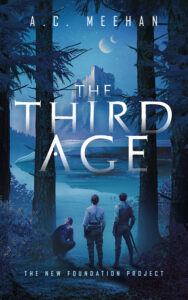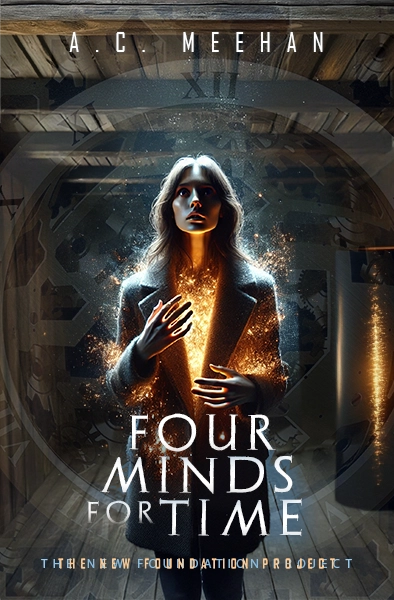I’m so glad that people sometimes say — and write — unwittingly funny, telling, or bizarre things. Even the most articulate people and the most well-edited publications are subject to editorial slip-ups, and you just have to be grateful for that. I, for one, can laugh myself to tears when I come across those contests for poorly worded headlines or signs. It’s also a good reminder, I think: the reader brings individual experience and knowledge, and that doesn’t always match what the writer really meant. Everything said or written is subject to interpretation, and really, outside of literary criticism, it’s the reader’s interpretation that matters. And no editor, no matter how good, can catch everything. (So note to self: on those days when something slips by, forgive yourself.) Here are a couple I recently read in various online publications, plus one of my personal best.
A Rogue Verb
“When you hear people who have the cold that ‘won’t go away,’ those are typically back-to-back infections of which we see a lot of in the cold weather when people are cohorting together,” said [name redacted], a physician.
I’d like to see what happens if people cohort independently — especially since cohort isn’t a standard verb in English. Interestingly, in the medical community “cohort” is used as a verb, but it refers to assigning people to a group, so it’s still not really something people choose to do together. This also struck me as incongruous because of the very formal “infections of which we see a lot” in the same sentence. Editorially, I’d find a synonym, or take the long way ’round and edit this to “…when people are spending more time together inside.”
Missing
Property inspection reports include missing, manipulated, and blurry photographs.
Hmm. The reports include missing photographs. How very Lewis Carroll. I’m also pretty sure that there’s a qualifier of some sort missing. The context was a news piece about the things that can go wrong in getting a real estate appraisal — but written this way, the statement implies that the photographs are magically included in the real estate reports despite being unlocatable, and further, these absent photos are bungled one way or another. If it were mine to edit, I’d probably rework the concept. “Property inspection reports can be misleading, if photographs of the property are manipulated or blurry, or worse, aren’t included at all.” Or maybe, “Unfortunately, sometimes there are no photographs in a property inspection report, or the photos that are included are manipulated or blurry.”
Spelling Switcheroo
As the day ended with a splash of sunset over the water, I realized that I was at peace — clam at last.
This one is on me. Sadly, I’ve lost the original of this magnificent short story, written years ago and turned in as a school assignment. I remember being mortified when I got it back and alas, too late, noticed the typo. The very last phrase of the story, no less! Many years later, this is now pinned above my desk as a reminder. When you know what the word is supposed to be, often the eye and the brain just sort of run on independent tracks. Now when I proofread (which is not the part of editing I like most!) content with which I’m familiar, I force myself to read the sentences backward. If I had heard myself say “clam,” I would have been spared the humbling experience of being turned into a bivalve mollusc in high school. (Although in retrospect, it explains a lot.)



